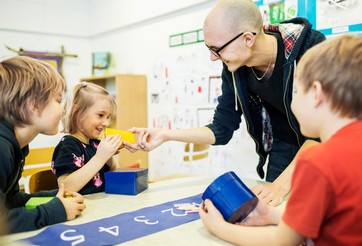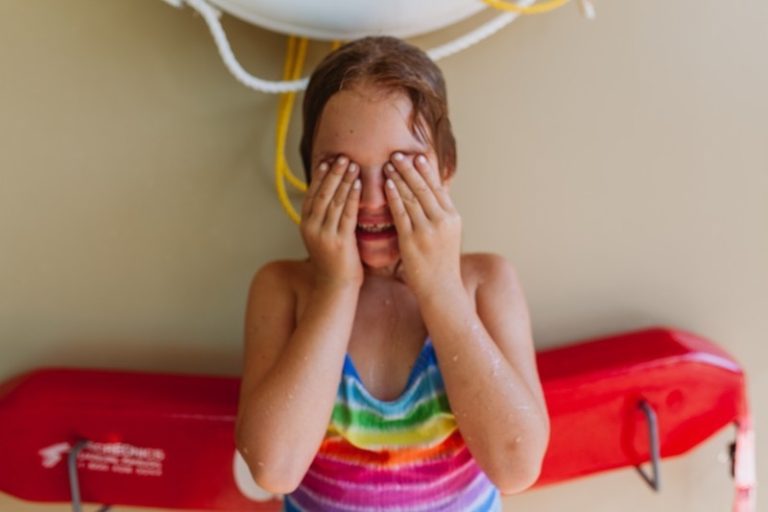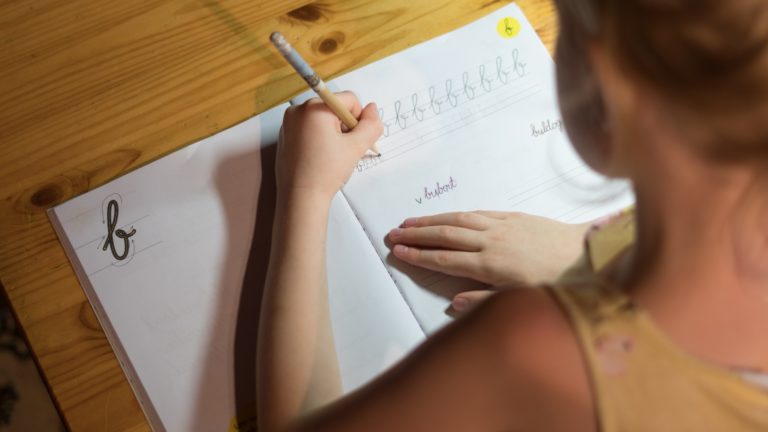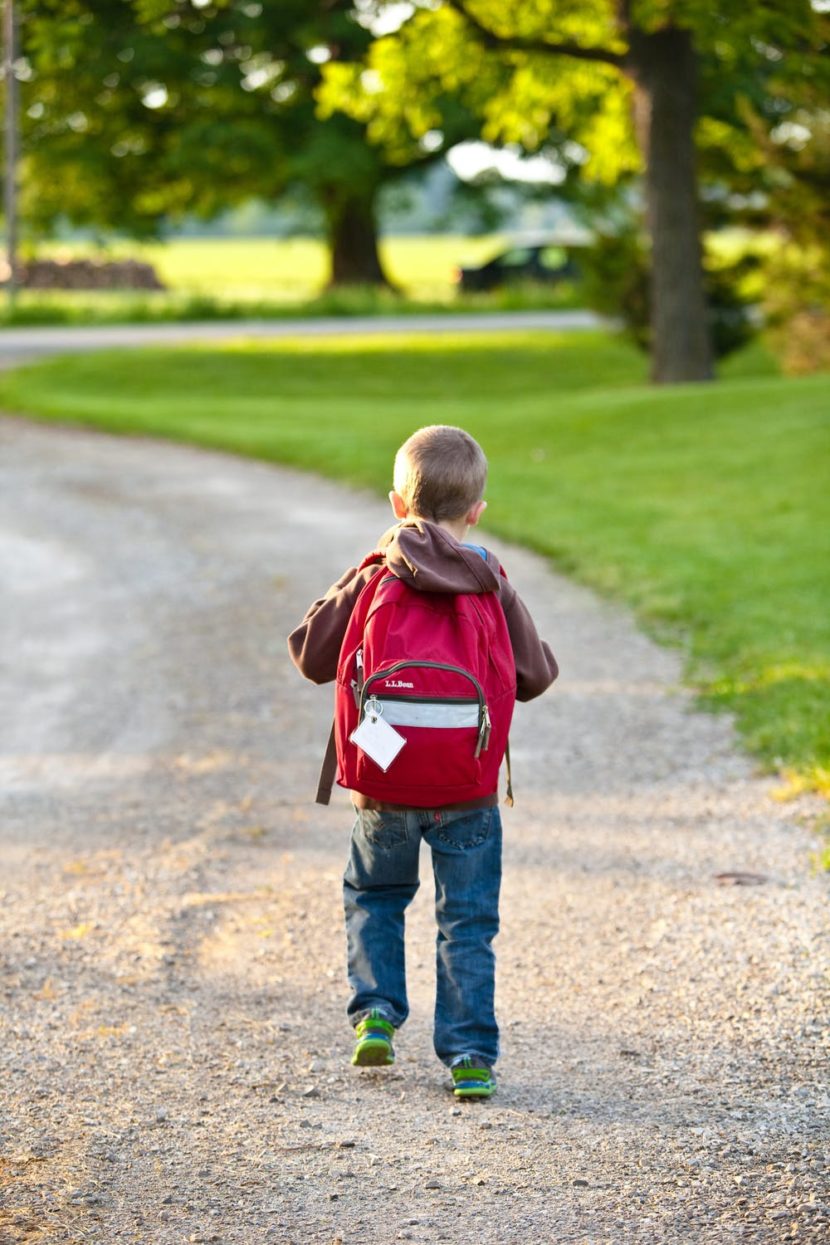Appreciating Summer with Your Children
Summer can be a magical time for families, full of long, sun-soaked days, swimming at the pool, and gentle memories….summer CAN be enjoyable, even if plans don’t work out the way we thought they would. Here are a few suggestions which may be helpful.
![]()










